Entry Category: Print Journalism
aka: J. N. Heiskell
Henry, Orville Monroe, Jr.
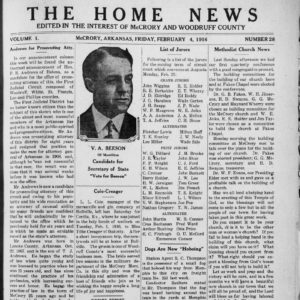 Home News
Home News
Home News (McCrory)
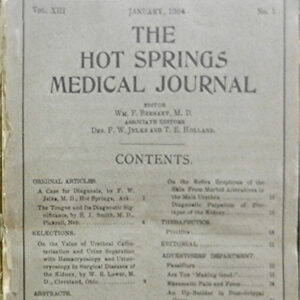 Hot Springs Medical Journal
Hot Springs Medical Journal
Hot Springs Medical Journal
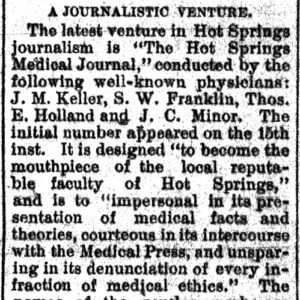 Hot Springs Medical Journal Story
Hot Springs Medical Journal Story
Hot Springs Village Voice
 David Hughes
David Hughes
Hughes, David Terry
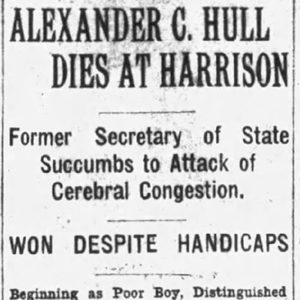 Alexander Hull Death Article
Alexander Hull Death Article
Hussman, Walter E., Jr.
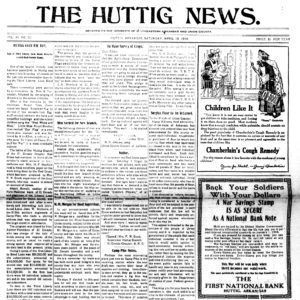 Huttig News
Huttig News
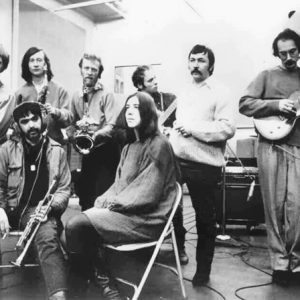 The Insect Trust
The Insect Trust
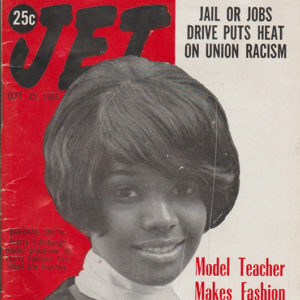 Jet Magazine
Jet Magazine
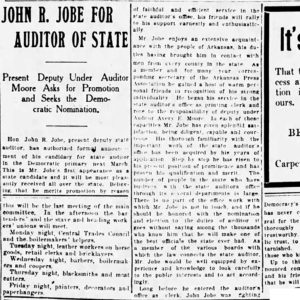 Jobe Endorsement Article
Jobe Endorsement Article
Jobe, John R.
 John H. Johnson
John H. Johnson
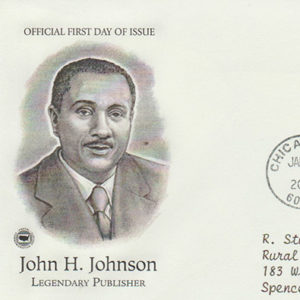 Johnson Stamp
Johnson Stamp
Johnson, John Harold
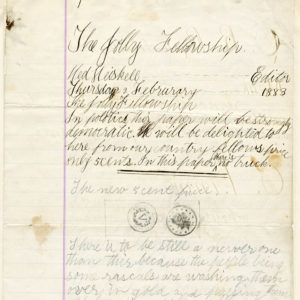 The Jolly Fellowship
The Jolly Fellowship
Jones, Oscar Eve (O. E.)
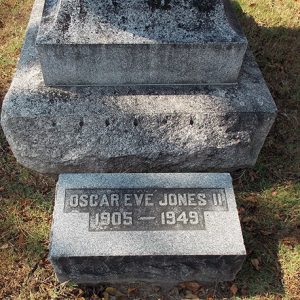 O. E. Jones Headstone
O. E. Jones Headstone
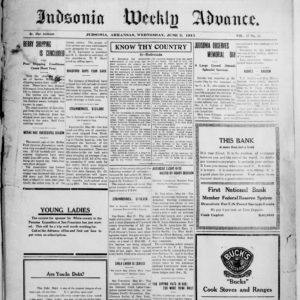 Judsonia Weekly Advance
Judsonia Weekly Advance
Kearney, Janis
Kennedy, Jon
King, Bertha Hale
aka: Bertha Hale White
Lancaster, Bob
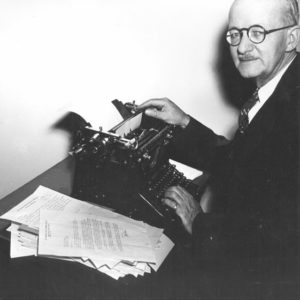 Walter Lemke
Walter Lemke
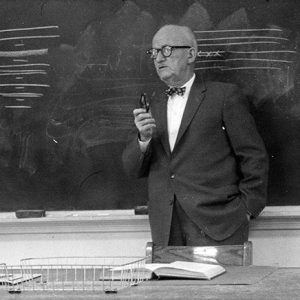 Walter Lemke
Walter Lemke
Lemke, Walter John
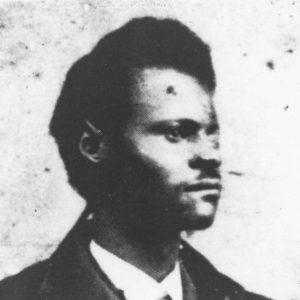 Henry J. Lewis
Henry J. Lewis
Lewis, Henry Jackson
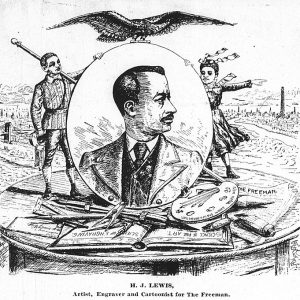 Henry Jackson Lewis
Henry Jackson Lewis
Liberator, The
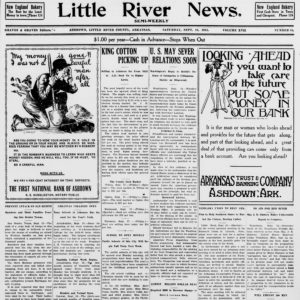 Little River News
Little River News
Little Rock Free Press
aka: Arkansas Free Press
Log Cabin Democrat
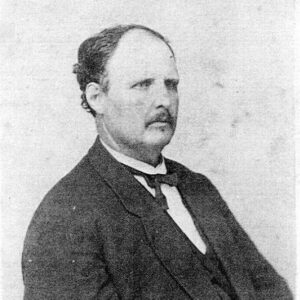 James Loughborough
James Loughborough
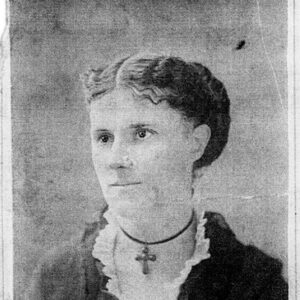 Mary Loughborough
Mary Loughborough
Loughborough, Mary
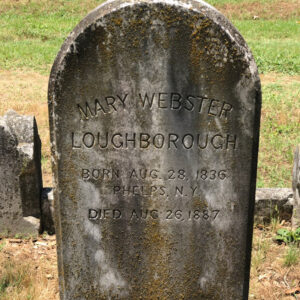 Mary Loughborough Grave
Mary Loughborough Grave
 Pat Lynch
Pat Lynch
Lynch, Pat
Lynching Reports, Tropes Common to
Lyons, Gene
Magie, Futha Cone
 Magies
Magies
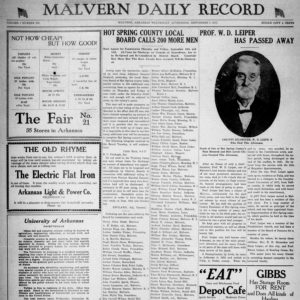 Malvern Daily Record
Malvern Daily Record
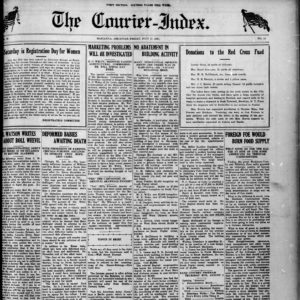 Marianna Courier-Index
Marianna Courier-Index




